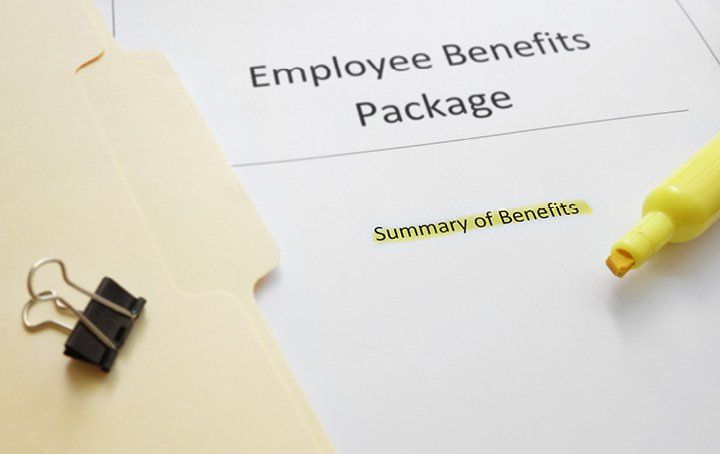Labor's election policies: Part 1
With the next Federal election looming on the horizon, now is the time to look at the tax policies that are likely to be introduced by a Labor government to ensure you get on the front foot with any potential changes that could be coming. Some policies have been well-publicised, while others are nonetheless important enough to consider, such as the cap of deductions for the use of accountants and the imposition of a minimum tax rate of 30% on family trust distributions.
Some policies, such as the removal of negative gearing and ending excess dividend imputation, have been well-publicised, but there are other policies which may affect the hip pocket of many Australians that haven't received as much media attention.
If elected, Labor will likely legislate a cap in relation to deductions for the use of accountants. Little detail has been provided on the proposal, but the cap is likely to be $3,000. This may be detrimental for those taxpayers who have more complex tax affairs, such as those owning shares, investments, properties or those who run a business, partnership, or are a sole trader. With the ATO ever more vigilant regarding claimed deductions as well as debt collection, many ordinary taxpayers and small businesses would similarly need to remain attentive.
This detriment may be compounded in instances where taxpayers are subject to an ATO review or audit and need the assistance of an experienced accountant to sort out their affairs and liaise with the ATO to get the best outcome. Currently, there are no firm details forthcoming from the Labor party, but the policy appears to apply broadly to everyone except company structures.
If it wins government, Labor is also likely to introduce legislation to stop the use of family trusts to "avoid paying a fair share of tax". From the media reporting, this measure would mean that adult beneficiaries of family trusts will end up paying a minimum tax rate of 30% on any income distributed. For many small businesses that operate through a family trust structure, it would mean that distributions will not get the benefit of the tax-free threshold.
Example
Trevor and Eloise run a small business through a family discretionary trust. They both work in the business and make no other income during the year. At the end of the year, the trust makes a distribution of $37,000 to each of them. Under Labor's plan they would each have to pay tax of $11,100 ($37,000x30%) instead of the $3,572 under the current tax laws in which they are able to access the tax-free threshold. Note that distributions above $37,000 will be further taxed at normal marginal rates.
As can be seen from the example, small business owners who operate through a family trust structure will be much worse off under the proposed changes to family trusts. Couple that with the potential deductions cap of accountant's advice, many taxpayers may find themselves out of pocket in an attempt to rearrange their tax affairs after these changes take effect.
Want to get on the front foot?
If you think you may get slugged with either the cap on deductions for the use of accountants or the 30% minimum family trust distribution tax, speak to us today. We can help you organise your tax affairs before these changes come in and you can take advantage of being able to deduct the full value of the advice we give. Contact us today.
















